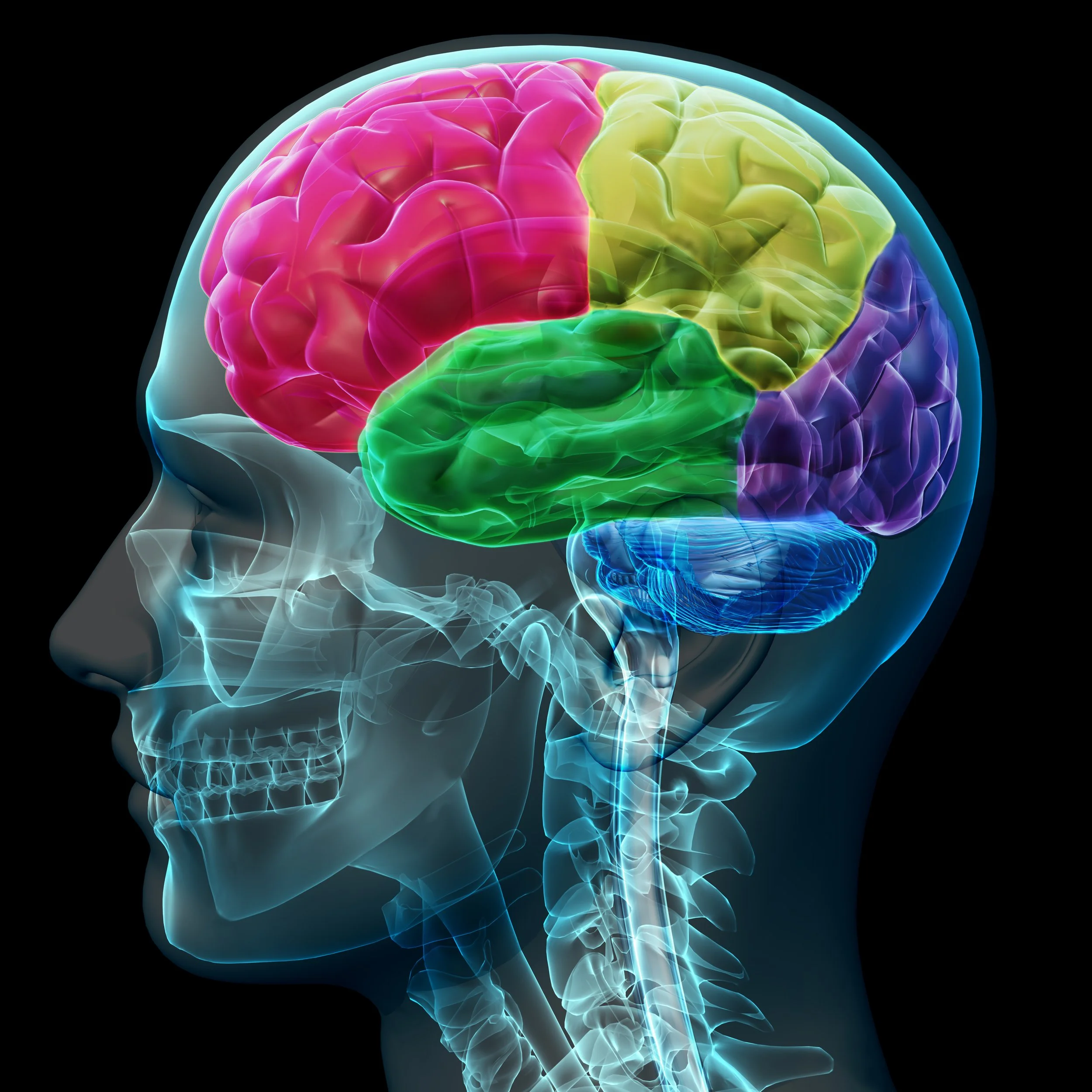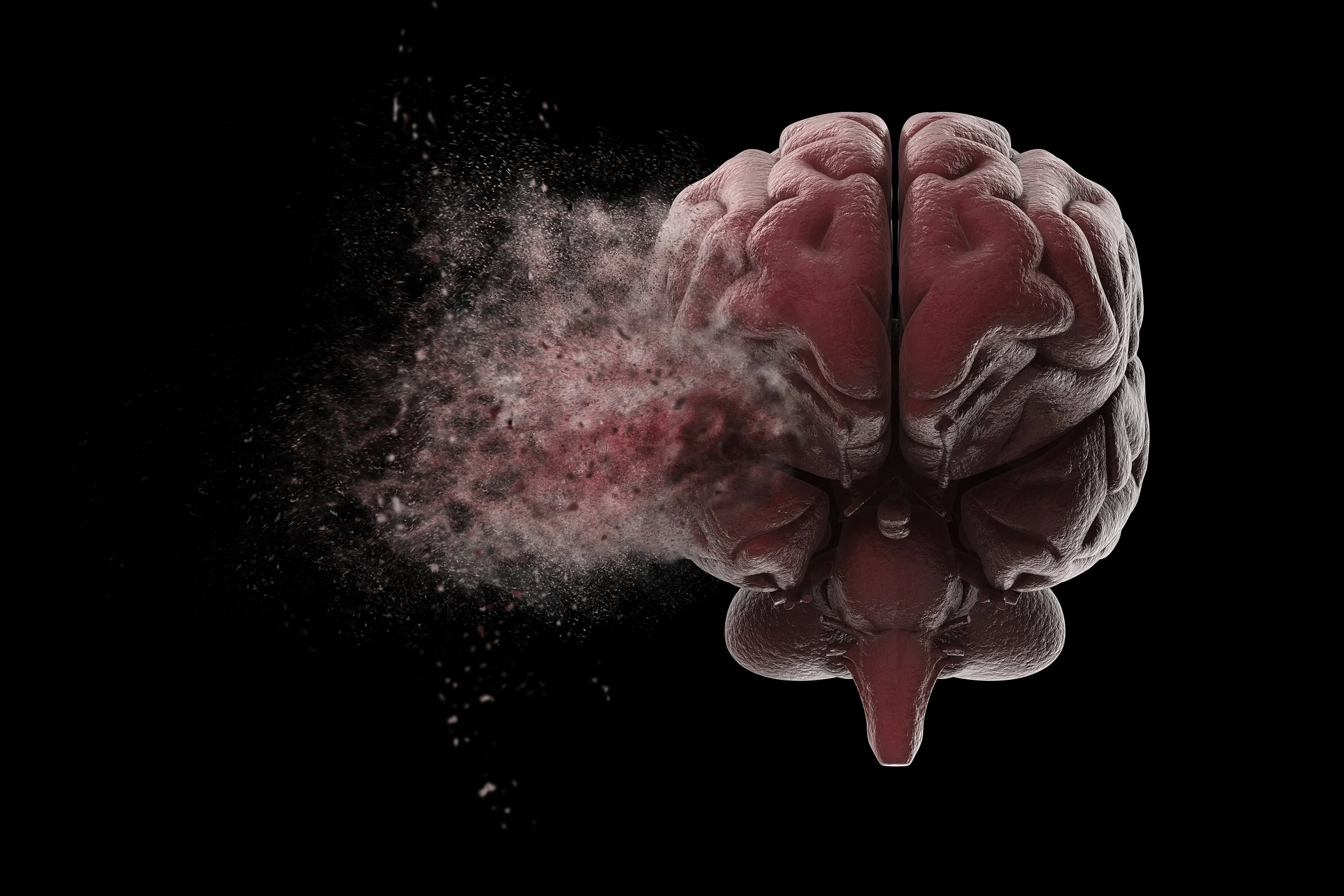The Neurological Void: Understanding Drug Abuse and How It Affects the Brain
Drug abuse casts a shadow over the complex landscape of the human brain that extends far beyond the realms of short-term pleasure and escape. The effect of substance addiction on the cerebrum is significant, reshaping brain circuits, seizing synapse frameworks, and making a permanent imprint on mental capability and conduct. In this investigation, we investigate the neurobiology of the addiction cycle and decipher the intricate web of drug abuse and its effects on the brain.
The Mind's Award Framework
At the core of the mind's reaction to chronic drug use lies the prize framework — a complicated organization of synapses and receptors that manage joy and inspiration. This system is activated with an intensity that far exceeds the natural benefits of life when exposed to drugs, whether they are hallucinogens, stimulants, or opioids.
Hijacking of neurotransmitters The chemical messengers that carry signals between neurons are part of the delicate balance that the brain uses to communicate. Chronic drug use upsets this many-sided balance, capturing synapse frameworks and contorting correspondence inside the cerebrum.
Dopamine
The essential player in the mind's award framework, dopamine is delivered in overabundance during drug use. Persistent illicit drug use prompts a downregulation of dopamine receptors, decreasing the mind's innate capacity to encounter joy without the presence of medications.
Serotonin
Liable for directing mindset, rest, and craving, serotonin is influenced by different medications. Lopsided characteristics in serotonin levels add to mindset problems and the profound dysregulation frequently found in people battling illicit drug use.
Gamma-Aminobutyric Acid, or GABA
GABA, a neurotransmitter that slows down neuronal activity, is affected by alcohol and benzodiazepines. Anxiety, seizures, and an increased risk of excitotoxicity can all result from a decrease in GABA activity caused by excessive druguse.
Glutamate
Drugs like methamphetamine and ecstasy disrupt glutamate, which is involved in learning and memory. Excitotoxicity can result from excessive drug use, resulting in neuronal damage and cognitive impairment.
Dopamine, a neurotransmitter essential to the reward system, is flooded into the brain by drugs, particularly those that have the potential to become addictive. Dopamine induces a high, which reinforces drug use and imprints it as a rewarding experience in the brain. However, as time goes on, this system becomes out of balance, resulting in a decreased response to natural rewards and an increased desire for the next dose.
Primary and Utilitarian Changes
The primary and utilitarian modifications prompted by constant chronic drug use are significant, adding to the pattern of dependence and making recuperation a considerable test.
Neuroplasticity
The mind's capacity to rearrange itself is both a gift and a revile with regards to chronic drug use. Brain adaptability permits the mind to adjust to the presence of medications, however it additionally builds up maladaptive changes that propagate habit.
Ailment in the Prefrontal Cortex
The prefrontal cortex, which is in charge of making decisions, controlling impulses, and making judgments, is particularly susceptible to drug abuse's effects.
Weakened working of the prefrontal cortex adds to impulsivity, unfortunate navigation, and a reduced capacity to fight the temptation to utilize drugs.
Dysfunction in the hippocampi
The hippocampus, basic for shaping recollections, is antagonistically impacted by illicit drug use. Memory impairment and impaired cognitive function can result from persistent drug use, making recovery more difficult.
Activation of the Amygdala
The amygdala, associated with close-to-home handling and the development of a relationship with remuneration and discipline, becomes hyperactive with illicit drug use. Expanded amygdala movement adds to increased pressure reactions, profound unpredictability, and the tirelessness of medication looking for ways of behaving.
Tolerance
With rehashed drug use, the mind adjusts by diminishing its responsiveness to the substance. Resilience requires higher dosages to accomplish the ideal impacts, driving people further into the pattern of illicit drug use.
Dependence
Proceeded with drug use prompts physical and mental reliance. When drug use is reduced or stopped, dependence is characterized by the onset of withdrawal symptoms, which increase the need for continued substance abuse.
Addiction
The perfection of the cycle, fixation is set apart by urgent medication looking for conduct notwithstanding unfortunate results. Addiction is a chronic, relapsing disorder because of its profound impact on the brain's reward system and neurotransmitter balance.
The Escalating Cycle of Tolerance, Dependence, and Addiction The progression from experimental drug use to addiction is characterized by the escalating cycle of tolerance, dependence, and, ultimately, addiction's overwhelming hold.
Recuperation and the Street Ahead
Understanding the neurobiology of chronic drug use is a critical stage in creating successful intercessions and therapy procedures. Recovery from drug addiction is a complicated process that necessitates an all-encompassing strategy that addresses the disorder's neurological and psychological aspects.
Detoxification by Medicine
Medicinally regulated detoxification oversees withdrawal side effects and securely eliminate drugs from the body. People are prepared for the subsequent therapeutic interventions by taking this initial step.
Conduct Therapies
Mental conduct treatment (CBT), possibility the board, and inspirational improvement treatment are among the proof-based social treatments that address the mental parts of compulsion. These treatments help people perceive and alter maladaptive ways of behaving, foster survival methods, and assemble flexibility.
Pharmacotherapy
Prescriptions like methadone, buprenorphine, and naltrexone are utilized to reduce desires and back recuperation from narcotic dependence. Pharmacotherapy, when joined with social treatments, upgrades the adequacy of enslavement treatment.
Support Gatherings and Counseling
Support bunches like Opiates Unknown give a feeling of local area and understanding. Individual guiding and family treatment address the profound and relational difficulties that frequently go with compulsion.
Comprehensive Approaches
All-encompassing intercessions, including care practices, workouts, and healthful help, add to generally speaking prosperity during recuperation. Encouraging a solid way of life supports remaking physical and emotional wellness.
Conclusion
The effect of chronic drug use on the cerebrum is a mind-boggling embroidery woven with strings of synapse dysregulation, underlying changes, and the tenacious pattern of fixation. To come up with effective strategies for both treatment and prevention, it is essential to comprehend the neurobiology of drug abuse. As we keep on disentangling the complexities of the cerebrum's reaction to drugs, we prepare for a more humane and nuanced way to deal with enslavement, offering trust and a way towards recuperation for those entrapped in the neurological pit.
Author: David Carter, Managing Director






